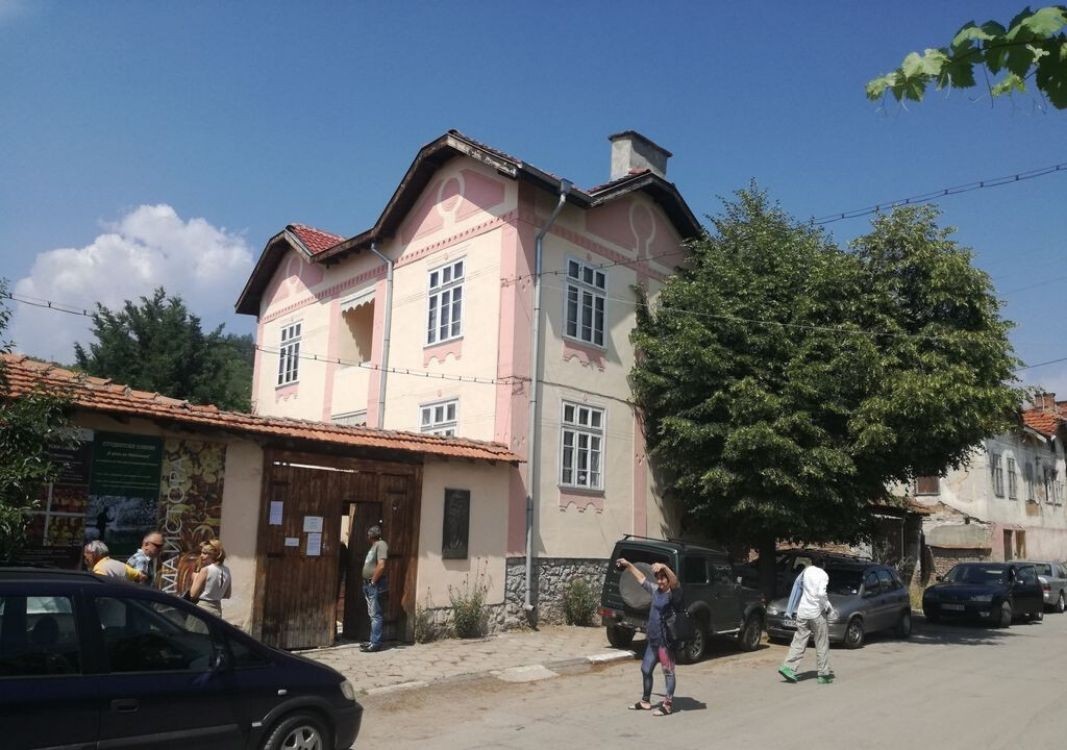At the beginning of the new millennium, movement of people from the city to rural areas began to take shape as a trend in Bulgaria. The reasons were mostly economic – about 20% of the businesses in the country preferred to operate in the countryside because of lower costs.
In recent years, according to data of the National Statistical Institute, migration from the city to the village has had bigger share than migration in the opposite direction – 26.3 in comparison to 21 percent. This trend is also being reinforced by the desire of many young families to seek healthier lifestyle. On the other hand, many freelancers also prefer the clean air of the countryside. Villages around the capital city have filled with urban residents, escaping the noise and dirty air.
With the spread of the coronavirus pandemic, many urban citizens who own rural properties have reasonably moved to the countryside, even before the travel ban entered in force. The main reason for the resettlement to rural areas this time is the ability of people to spend quarantine outside the urban environment.
This is also the case with the Tundzha Municipality, near the regional center of Yambol, where over 900 applications for change of address registration have been filed since the introduction of road checkpoints. According to the municipality secretary, Andon Krastev, this figure is expected to double. According to him, the most preferred are villages in the 15 km zone around the city of Yambol. According to him, those who change their address registration are often people who have been living in these villages for a long time but for one reason or another did not want to re-register.
Rural revival is also noticeable near Kyustendil, according to BNR correspondent Kiril Falin.For example, the village of artist Vladimir Dimitrov - the Master, Shishkovtsi, has become a haven for Sofia residents who have houses there.

Back in February, the number of people living there rose significantly. According to mayor Iliana Petrova, the reason is that many people are not at work because of restrictive measures and have returned home:
"Many of the people who have houses here used to live in Sofia or other big cities, but they are now returning," she says. “Most often we register people with permanent addresses, so they can travel and return as there are checkpoints."
In the village of Treklyano, again near Kyustendil, many people have also returned from the cities, Vasilka Kirilova from the local municipality reports:
"They don't go out much. They know they should not have contacts. People have brought food and other things and stay at home," she adds.
Currently, villages seem to be the safest and most attractive places for living, as they combine clean air, tranquility and better conditions for surviving during times of isolation.
Editor: Darina Grigorova
English: Alexander Markov
More than 75 years ago, the need emerged for the children of Bulgarian gardeners in Slovakia to receive education in a place where they could also learn the history and culture of their people in their mother tongue. That is how..
The President of the EC, Ursula von der Leyen, met with the residents of Plovdiv in the Ancient Theatre. The visit, which took place on Sunday, is part of the tours in EU Member States that the leading candidates for the next..
At the beginning of summer, when temperatures are not so high and spring rains are still abundant, it may seem too early to talk about forest fires. But experts say that if preventive measures are not taken now, the coming months will once again see..
At the traditional Sunday gathering of Bulgarians in South Africa today in Midrand on the occasion of yesterday's Children's Day the books for children..
A bicycle ride organized by the associations "For the Earth" and "Veloevolution" and the organization "Soffenhagen" took place in the streets of Sofia..
"I Saw Danger With My Own Eyes" is the name of the charity exhibition that will be on display from June 4 to 21 at the "IKAR" Gallery in Sofia. The..

+359 2 9336 661
